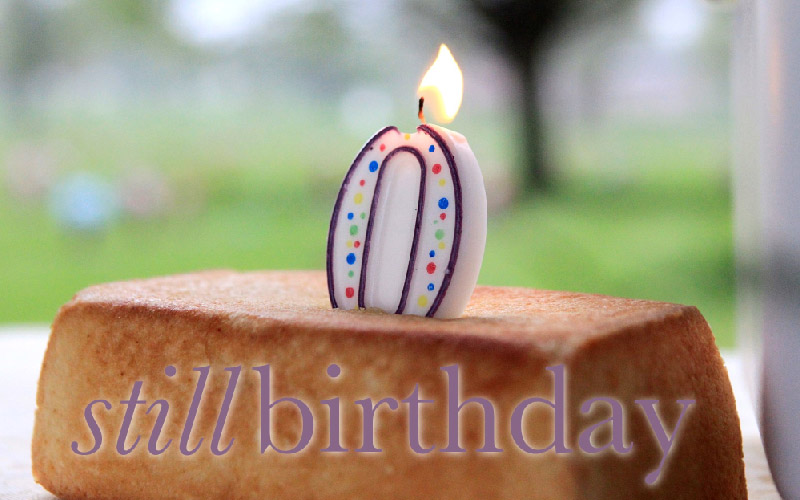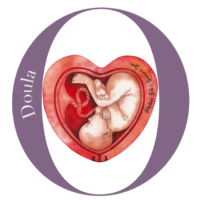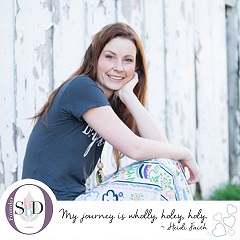Children’s Concept of Death, by Age
Under three years of age:
Even young children are sensitive to the changes that a loss can bring. They notice increased levels of anxiety and sadness in their caregivers. New people may suddenly be in the home, and the child’s routine may be disrupted. Though a small child will not be able to intellectually understand what death is, he or she will notice these changes.
Ages three to five:
At this age, children don’t understand the concept of forever. They will see death as temporary, reversible or a restricted form of existance. Still, the separation caused by death is particularly frightening to children this age. They need reassurance that their emotions are normal and okay. “Magical thinking” is common at this age and children may believe their thoughts or actions are somehow connected to illness or death. They sometimes connect unrelated events in highly creative ways in an attempt to make sense of a loss. Clear, direct explanations of what happened and why are especially important for this age.
Ages six to nine:
Children aged six to nine begin to understand death is final, but they think it happens only to other people. They may think death is a scary creature or person who takes people away. Or they might fear death is contagious. Some may continue to believe that thoughts cause events. Some may continue to think that thoughts make things happen. Clear explanations continue to be vital. Pointed curiosity about physical details is common.
Ages nine to twelve:
Older children may have experienced the death of a relative or, more often, the loss of a pet. They know death is final and comes to all plants and animals. Still, they see death as distant from themselves and may be extremely interested in the physical process of dying. More commonly, children this age will worry about the effects the loss will have on their immediate future.
Adolescents:
Death for this age group is both fascinating and frightening. As they struggle to forge their own identities, death is particularly threatening. Losses may make teens feel more child-like and dependent. Teenagers may feel the situation requires them to step into an adult role in response to loss. Teenagers are uncomfortable with anything that makes them different from their peers.
Here are some general guidelines adults can follow to help children cope:
- Give timely, accurate information
- Give children a chance to ask all of the questions they have
- Provide as much routine and security as possible
- Let children participate and be a positive role model for them
- Return to Children, Teens and Loss main page
(source: KCH)












